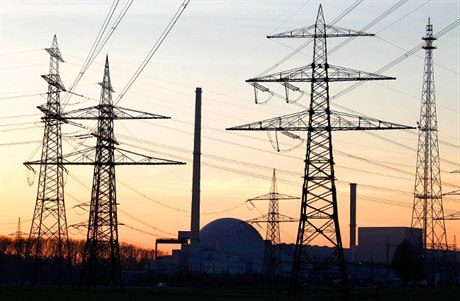The Czech Republic, Slovakia and Hungary should link their national electricity markets and create a single market during the first half of 2012, the Czech Ministry of Industry and Trade (MPO) announced on Tuesday.
National energy regulators and high voltage network operators from the three countries signed up to the move piloted by governments as a means of guaranteeing greater security in supplies and easier cross border electricity purchases on Monday night following talks, said Czech Ministry of Industry and Trade spokesman Jiří Sochor.
“A common market between Hungary, the Czech Republic and Slovakia should, on the basis of the signed memorandum, be created during the first half of 2012,” the Czech ministry said in a statement issued Tuesday.
The move puts Hungary on the path to join the integrated electricity market already created between the Czech Republic and Slovakia. Their markets coupled in 2009 in a move that has been praised by power producers and traders as a step toward increased market liquidity and fewer trading obstacles. The Czechs and Slovaks had the advantage of having a single electricity market before the country split into two in 1993. ‘A common market between Hungary, the Czech Republic and Slovakia should … be created during the first half of 2012.’
Hungarian experts should now come up with concrete plans for how the merger of the Hungarian power exchange with its Czech and Slovak counterparts can proceed. Poland is expected to be the next country to join what is shaping up to be a single Central European electricity market.
Regional electricity markets are being promoted as a first practicable step toward a coordinated European electricity market by the European Commission since they can bring fast benefits and face fewer problems regarding power delivery bottlenecks. Producers and traders also favor the moves as a more pragmatic step than various models for coordinating electricity flows at a European level. These complicated flow models have run into significant problems because they are so complicated and management of the whole European network is such a challenge.




